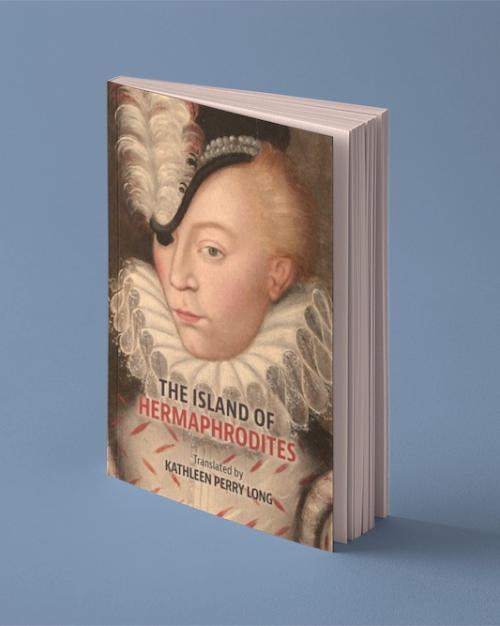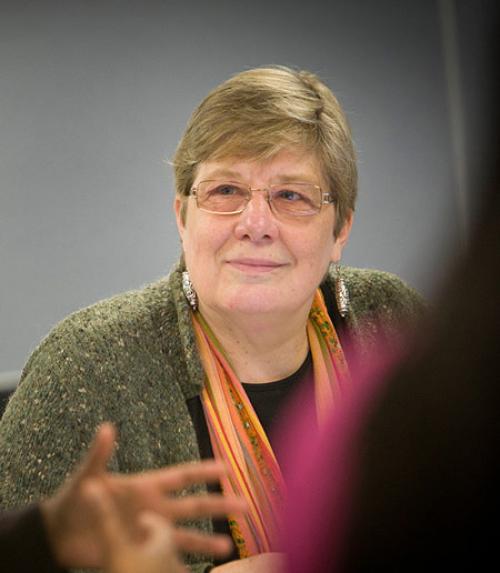Five faculty from the College of Arts and Sciences were featured on a “Cornell week” on The Academic Minute radio program from May 1-5.
The show airs weekdays on 70 stations across the country, delving into topics from the serious to the light-hearted and keeping listeners abreast of what's new and exciting in research from the academy. The program is hosted by Lynn Pasquerella, president of the Association of American Colleges and Universities.
The following faculty shared insights from their research:
May 1 - Carolyn Fornoff, assistant professor of Romance studies, says that making cinema more sustainable requires more than reducing waste when filming movies. She looks at how things have changed in the ways we view movies and will offer an example she’s studied of a creative model in Mexico that greens cinema exhibition.
May 2 - David Shoemaker, professor and interim chair of the Sage School of Philosophy, discusses the reasons behind psychopaths’ flawed sense of humor. An expert in moral psychology, Shoemaker will talk about how psychopaths laugh at others’ pain and errors but never at their own flaws, and how his study of morality explains why.
May 3 - Debanjan Chowdhury, assistant professor of physics, discusses the role that high-temperature superconductors can play in minimizing the loss of energy at power plants and during transmission to our homes. He’ll talk about a "strange" feature common to many high-temperature superconductors that could hold the key to using superconductivity at much higher temperatures than are possible today.
May 4 - Alex Townsend, associate professor of mathematics, says that despite all the advances with artificial intelligence, these systems are still unable to do science. He’ll discuss his efforts to create scientifically-minded AI that can serve as helpmeets to scientists – like Dr. Watson provides for Sherlock Holmes.
May 5 - Michele Belot, professor of economics in A&S and in the School of Industrial and Labor Relations, says the greatest challenges facing us today – like climate change and job loss – require us to adapt, not something that is easy for people to do. A behavioral economist, Belot will discuss how we get people to reconsider their choices and behaviors.





